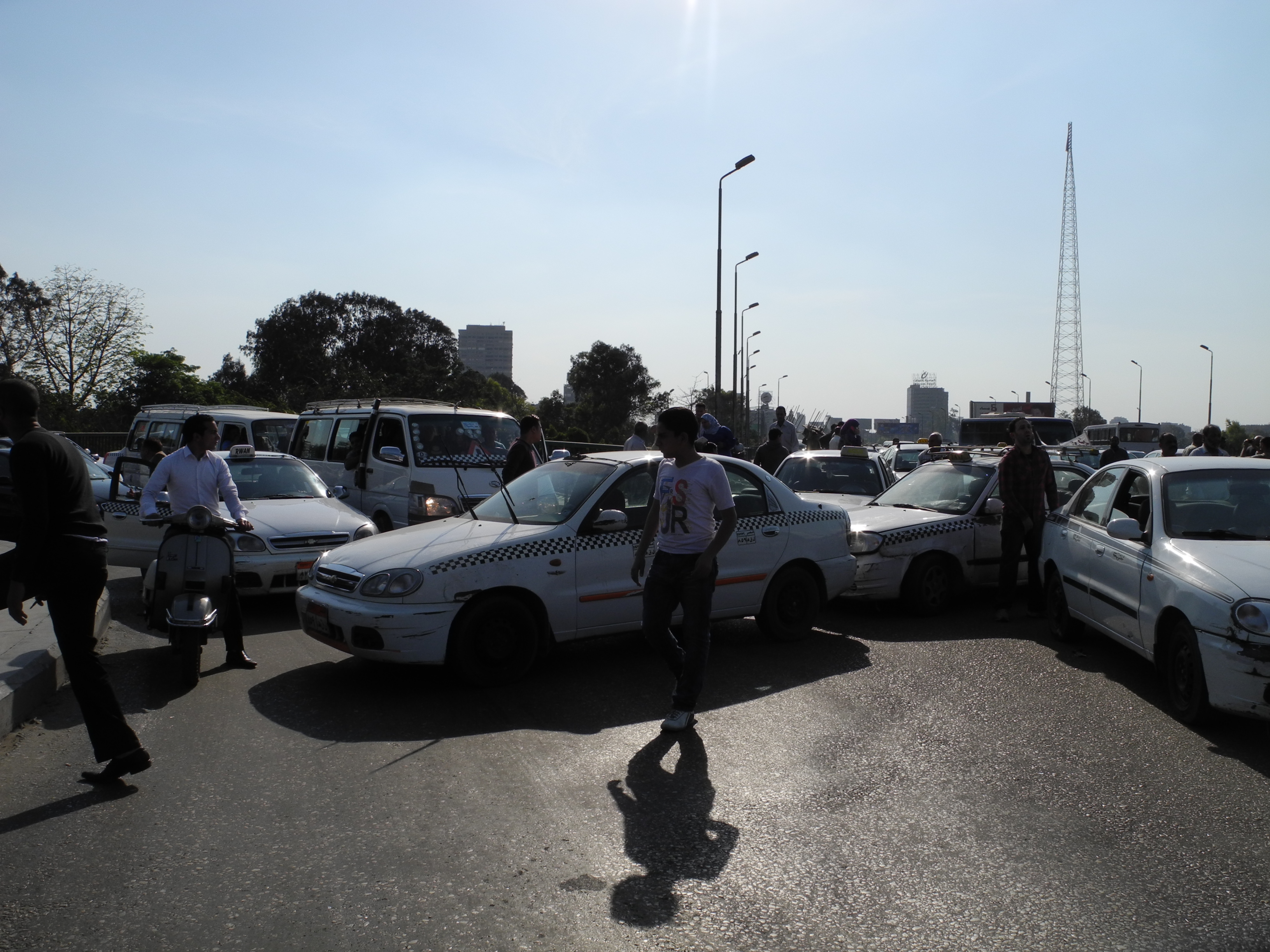CAIRO: Egypt’s main index recouped Monday some of the previous day’s losses, ending up 0.51 percent, after renewed violence around Cairo’s Tahrir Square again raised concerns over the state of the economy.
On Sunday, the stock market lost LE 8.5 billion of total market capitalization as the continued crackdown by army and security forces against protesters near the Cabinet and parliament buildings left at least 12 people dead, hundreds injured and many detained. Rights groups say 13 people have been killed.
The EGX30 ended the trading session at 3,802 points. Meanwhile, the Egyptian pound was trading at 6.0210 to the US dollar late on Monday.
According to analysts, renewed clashes may not have a serious impact on Egypt’s already beleaguered economy as investors wait for parliamentary elections to conclude. However, tourism — already suffering the most out of all sectors since the January uprising — will be significantly harmed.
“I think it’s unfortunate what happened, but instead of focusing on why the demonstrations are going on, we should look at the effects,” said Angus Blair, a financial analyst. “I think there is going to be significant damage to tourism after seeing the kind of violent images circulating around the world.”
Egypt said it expects to earn about $9 billion from tourism in 2011, down by about a third on a year earlier. “We expect around 30 to 35 percent less revenue than last year, which means it is going to be around $3.5 billion to $4 billion less, so we are speaking about a figure around $9 billion,” Hisham Zaazou, senior assistant to the tourism minister, told Reuters.
Blair pointed out that “given the economy and pressures which it’s already under,” the recent violence will not make the situation “significantly” worse than it is.
Images circulated in local and international media showing Egyptian soldiers chasing protesters with batons, beating others, as well as dragging female protesters — with one now infamous image showing a woman being dragged until she was exposed from the waist up.
The weakening pound intensifies concerns over dwindling foreign reserves, which totaled $20.2 billion in November, down from around $36 billion at the start of the year and sinking $1.87 billion last month.
Reuters reported that the central bank seemed to be letting the currency weaken gradually since it broke the 6 pound to the dollar barrier at the end of November, traders said.
“As far as the economy goes, SCAF [Supreme Council of the Armed Forces] has lost credibility,” said Tarik Salama, a financial consultant. “The government of [Prime Minister Kamal] El-Ganzoury, before even taking any decisions, is dead already — all that is happening in Tahrir at the moment is because of his government.”
Economists say Egypt’s economy, which seemed to be on its way to relatively stabilizing after the first round of parliamentary elections, will continue to suffer under the rule of the military council.
“Until we have a full functioning legal system, a People’s Assembly [and] Shoura Council, everyone will doubt the army’s ability. Until then — don’t speak to me about the economy,” Salama said. “When you go to the supermarket today, people are not buying like they used to, they don’t know what will happen tomorrow.”
Salama added that the economic decisions taken by the current interim government did not “make sense.”
“The Ministry of Foreign Trade recently announced they want to minimize imports, who is pushing for this?” Salama asked. “All the old interests and previous businessmen who are part of Mubarak’s gang — this is in their best interest,” he said.
He also said that around this time each year, Egypt discounts customs on products coming in from Europe; this year, however, because of the security situation, they are reluctant to implement this.
Magda Kandil, head of the Egyptian Center for Economic Studies, said that while the first round of parliamentary elections seemed to be off to an “assuring” start, the political process has “not been able to contain and assess all the violence and its risks.”
“I think the investors trust in the army to lead this transition has been shattered… the more divided the country has become regarding the role of the military, investor confidence is not going to be restored in the time of the transitional government,” Kandil said.
“This is a very strong signal to investors and outside observers that the role of the military as the protector of this transition is no longer valid,” she added.



